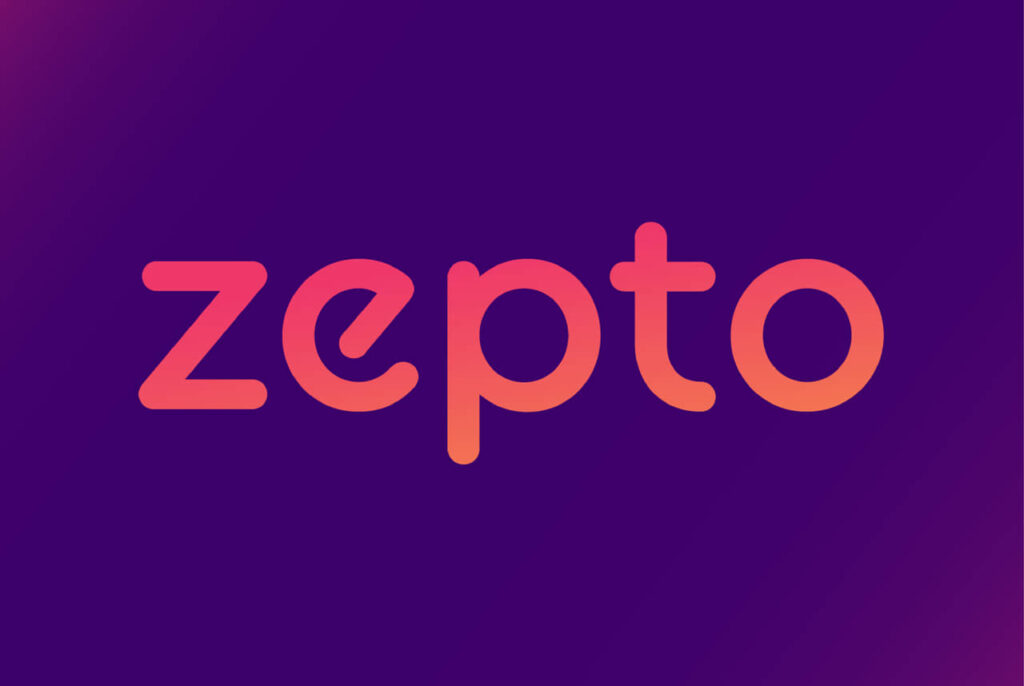Quick commerce platform Zepto has taken a bold and aggressive step by declaring the removal of all platform fees such as handling fees, surge fees, convenience fees, levies from each order and eliminating the minimum order value compulsory for free delivery to Rs 99, making it the most cost-effective and clear-cut player among India’s on-demand quick commerce giants like Blinkit and Swiggy Instamart. The firm has made this announcement several weeks after announcing a lofty $450 million in funding, allowing it to invest heavily in substantial pricing and market share acquisition strategies.
Simplified Pricing With Zero Platform Fees
Zepto’s new “All New Zepto Experience; not only no handling or rain and surge charges, but delivery is free on all orders over Rs 99. Any small orders placed under 99 that will incur a meagre delivery charge of Rs 30 and there will be no extra small cart charges or convenience fees. Additionally, one unique aspect to Zepto is that they’ve removed their convenience fee from cigarette or tobacco orders, something that many stores charge extra for. This has resulted in a much more simple and transparent cost structure when compared to competitors who still charge additional fees in addition to the delivery fees themselves.
On the same note, for sub-Rs 99 orders, Zepto charges only Rs 30 as a delivery fee, while Blinkit charges a total of Rs 54, which is Rs 30 for delivery, Rs 4 for handling, and Rs 20 for small cart charge. Swiggy Instamart also charges about Rs 65 which include Rs 30 for delivery, Rs 9.80 for delivery, Rs 15 for small cart, plus 18% GST on the charges. Clearly, the fee structure above demonstrates the competitive pricing advantage that Zepto has adopted with keen interest in the Indian market.
Strategic Backdrop and Market Impact
Furthermore, the strategic disregard for platform charges by the payment system is in line with a broader move to refine Zepto’s operation, step up cost clarity and boost customer commitment. As the company’s CEO Aadit Palicha reported, the financial injection helped Zepto move the needle towards cost operational brilliance, which meant special attention to everything from easy make expenses to aggressive customer capturing.
Zepto’s new mission is to grow the network, minimize cash burnt down and set the stage for an upcoming IPO. The firm seeks to scale the raised cash to remove all platform costs and build a critical liquidity base that allows it to charge the lowest cost per transaction, resulting in high order volume, and thus, highly loyal users. This move will force competitors to follow suit by scrapping costs per transaction as the rapid perishable nature of its inventory and the products dramatically reduce cost per order and increases overheads.
Competitive Landscape
The quick commerce sector in India is highly competitive, with Blinkit, Swiggy Instamart, and others competing for leadership for the high-growth “10-minute delivery” niche. Zepto’s action adds a lot of pricing pressure on other companies, making them look for a chance to adjust their pricing strategies. In fact, Zepto now has the lowest free delivery threshold and no handling fees. As a result, it becomes the go-to platform for consumers who prioritize price transparency and affordability in their grocery and essential deliveries.
Conclusion
By dropping all platform fees, Zepto has made a significant move in the Indian quick commerce industry. This move streamlines pricing, removes hidden and unexpected fees, and improves consumer trust. Zepto intends to maintain and even increase its competitive edge through strong funding and operational diligence. The firm is well-placed to gain market share and take on the largest existing players, potentially reshaping the country’s nascent quick commerce environment. Ultimately, the most important beneficiaries of such a bold but consumer-friendly approach are consumers. They will get less expensive and easier delivery services.
